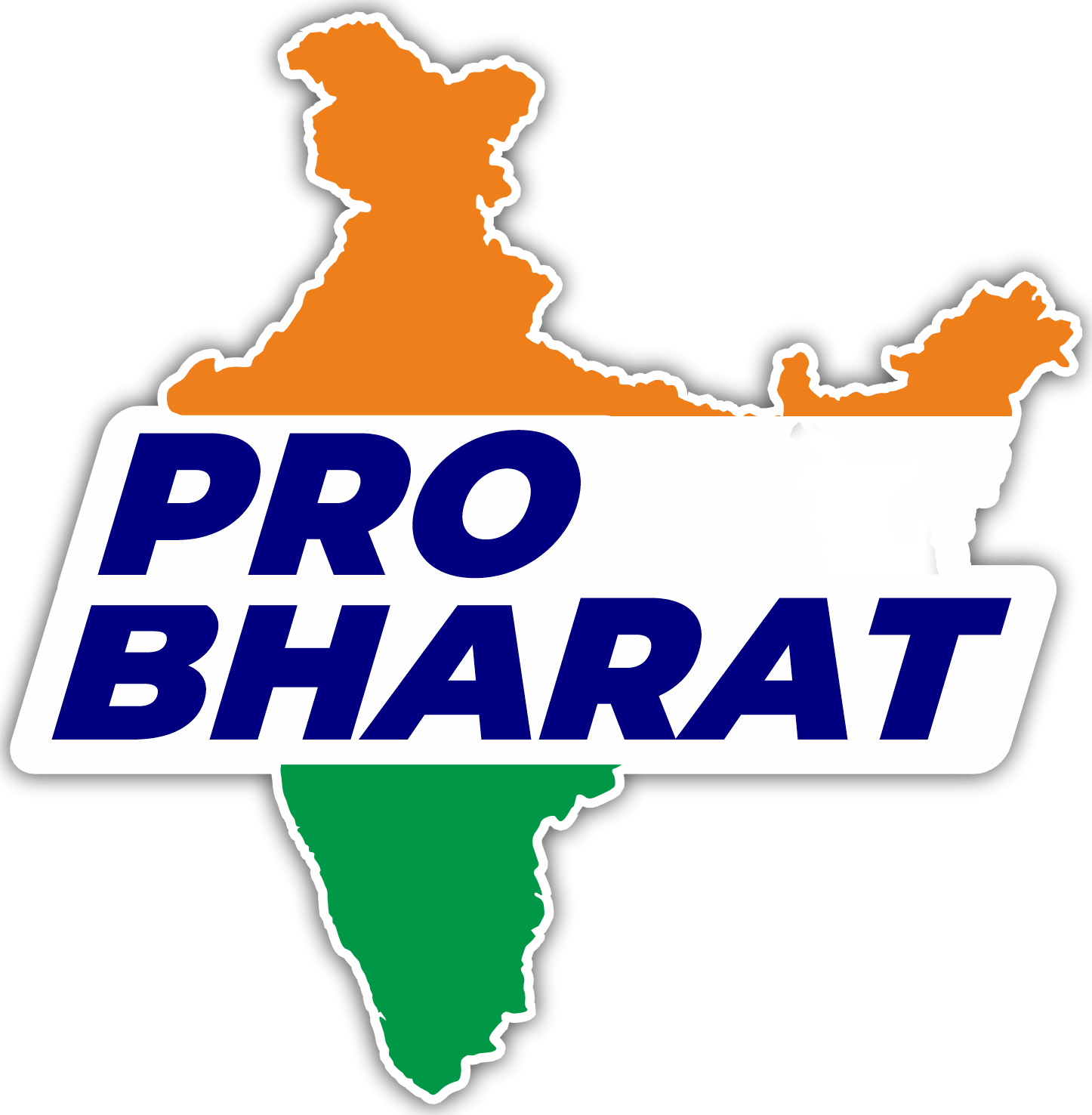With temperatures soaring and Delhi recording its first heatwave of the season, doctors are sounding the alarm over a range of heat-related health risks — from mild discomforts like rashes and cramps to potentially life-threatening conditions such as heat exhaustion and heatstroke.
On Monday, the capital’s maximum temperature hit 40.2°C, prompting the India Meteorological Department (IMD) to issue a yellow alert, which is expected to remain in place until Wednesday. The IMD’s yellow alert urges the public to “be aware” and recommends avoiding heat exposure, wearing light-coloured, breathable cotton clothing, and keeping heads covered when outdoors.
Health experts say certain groups are particularly vulnerable during heatwaves — especially children, the elderly, pregnant women, and individuals with heart or kidney conditions.
“Extreme heat can overwhelm the body’s ability to regulate temperature, posing serious health hazards,” said Dr Mukesh Mehra, Senior Director of Internal Medicine at Max Super Speciality Hospital, Patparganj.
“Heatstroke, the most severe form of heat-related illness, occurs when body temperature crosses 104°F. Symptoms include confusion, dry and hot skin, rapid heartbeat, seizures, dizziness, nausea, and vomiting. If left untreated, it can lead to organ failure and even death.”
Dr Rajat Sharma, resident doctor of community medicine at UCMS and GTB Hospital, echoed these warnings. “Even before reaching the stage of heatstroke, individuals may suffer from heat rashes, muscle cramps, dizziness, and fatigue due to loss of electrolytes through excessive sweating,” he said.
“If not addressed in time, these symptoms can escalate to heatstroke — a medical emergency where the body fails to cool itself.”
Doctors are urging residents to take preventive measures seriously. Recommendations include:
- Stay well-hydrated with water and non-caffeinated fluids
- Avoid outdoor activities during peak sun hours (12 PM – 4 PM)
- Wear light, loose-fitting, cotton clothing
- Take frequent breaks in shaded or cool environments if working outdoors
- Be aware of symptoms like fatigue, nausea, confusion, or rapid heartbeat
Dr Mehra emphasized, “Prevention is the best protection. People should recognize their own risk factors, such as age or pre-existing health conditions, and take extra precautions during heatwaves.”
Dr Ushast Dhir, Director of Liver Transplant and Hepatobiliary Surgery at Sir Ganga Ram Hospital, pointed out an additional concern: the increased risk of waterborne infections and dehydration during the summer months.
He advised, “The elderly, children, and diabetics should especially avoid direct sun exposure during afternoons. Caffeinated drinks like tea, coffee, and carbonated beverages should also be avoided, as they can worsen dehydration.”
In a bit of relief, Skymet Weather Services Vice President Mahesh Palawat predicted a dip in temperatures after April 10, as a western disturbance is expected to bring cloud cover and cooler weather over parts of North India.
Until then, Delhiites are advised to stay vigilant, stay cool, and stay safe.




